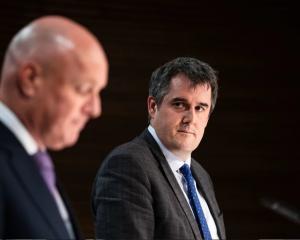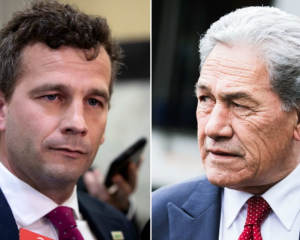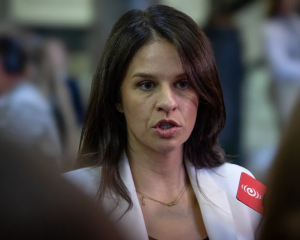Justice Minister Judith Collins says Government will not set a minimum price on alcohol because it would penalise moderate drinkers, despite a report showing that the policy would provide $62 million in social benefits a year.
A Ministry of Justice report, released yesterday, predicted that a "floor price" of $1 to $1.20 per standard drink would have some impact on alcohol abuse and alcohol-related harm.
But it also warned that the policy was relatively untested internationally and it would have the perverse outcome of generating more profits for the liquor industry.
Responding to the report, Mrs Collins said Government would not introduce a minimum price because there was no compelling evidence that raising the cost of alcohol was the right approach. A minimum price would also "hit moderate drinkers in the pocket".
The ministry's report looked at the impact of introducing a floor price of $1, $1.10 or $1.20 per standard drink.
At the $1.20 setting, the policy would lead to "conservative" net savings of $624 million over 10 years as a result of reduced crime and improved health and workplace productivity.
"A minimum price or excise increase would have some impact on low risk drinkers, but the savings to society significantly outweigh the lost benefits to consumers," the report's authors said.
The ministry also expressed some reservations.
Minimum pricing had only be trialled in some Canadian provinces and in Scotland. Harmful drinkers bought from across the price spectrum and some would not be captured by the regime. And a price point of $1.20 per standard drink would generate an additional $131 million per year for the liquor industry.
The ministry recommended that a minimum pricing regime should not be considered for five years. It said this would give time for Government to assess the impact of alcohol reforms which passed in late 2012.
Opposition MPs described those reforms as toothless and had lobbied for a floor price to be included in the law changes.
Minimum pricing was designed to raise the price of low-cost, high-strength drinks. Raising the minimum price of alcohol to $1.20 would affect a quarter of alcohol sales. A $7 bottle of wine would rise to $8.60 and a $10 12-pack of beer would rise to $18.40. An $18 bottle of wine would remain the same price.
The investigation of a minimum pricing regime was a recommendation of the Law Commission, which said in a landmark review of alcohol harm that price was one of the most effective deterrents of alcohol abuse.
It said a 50 per cent increase in excise tax would be more effective than a floor price, but National immediately ruled out a tax hike.













